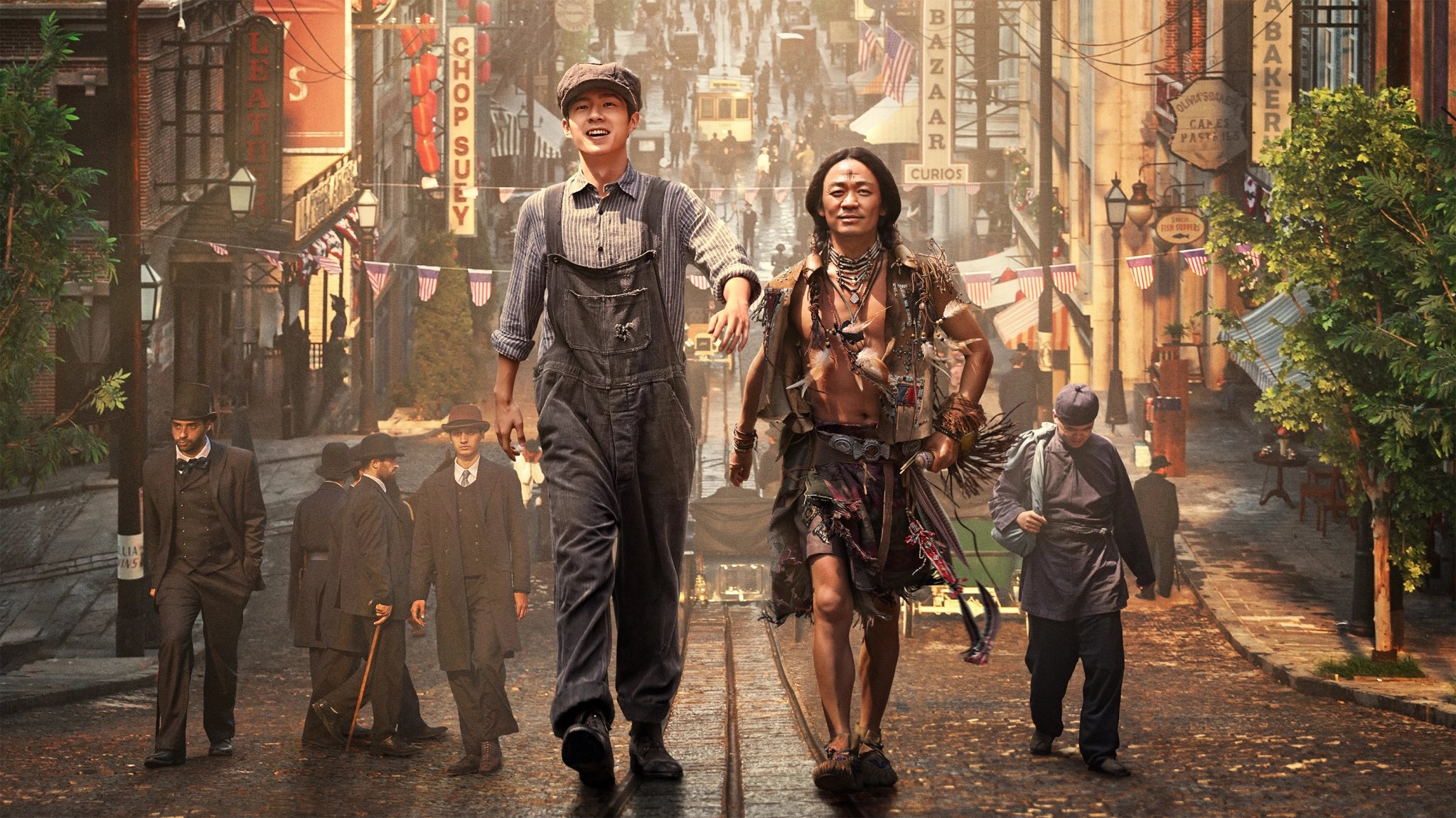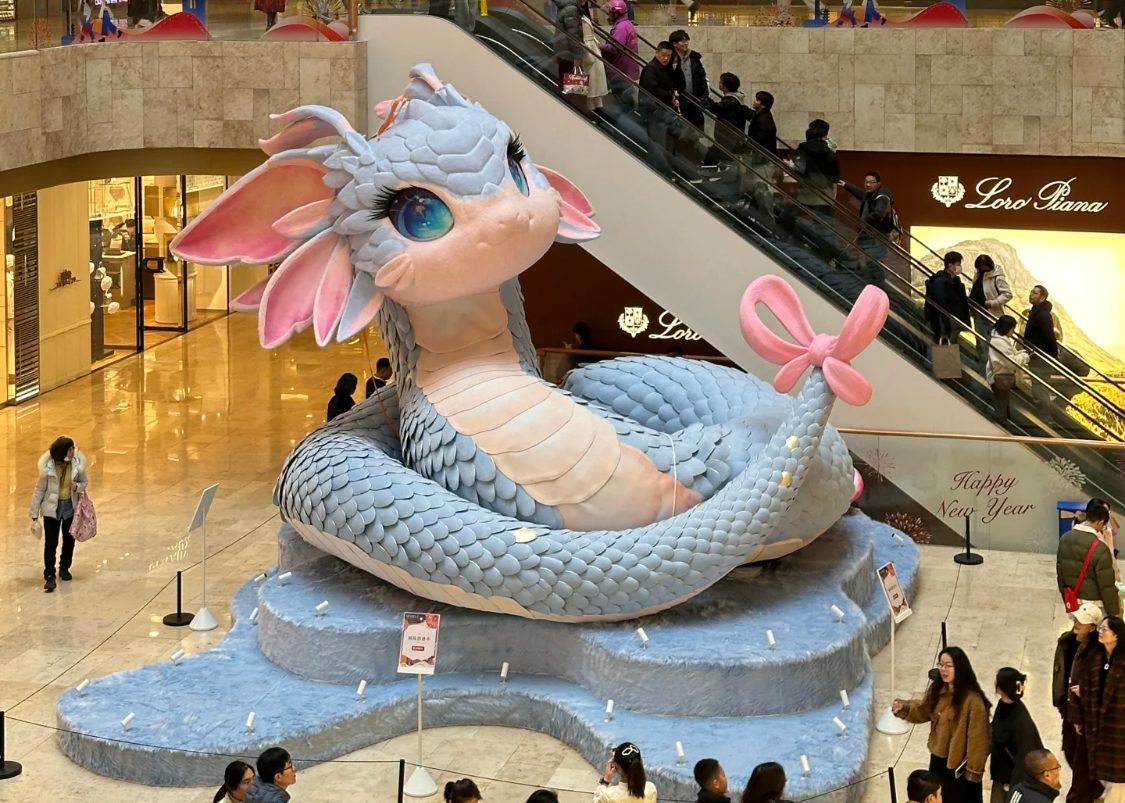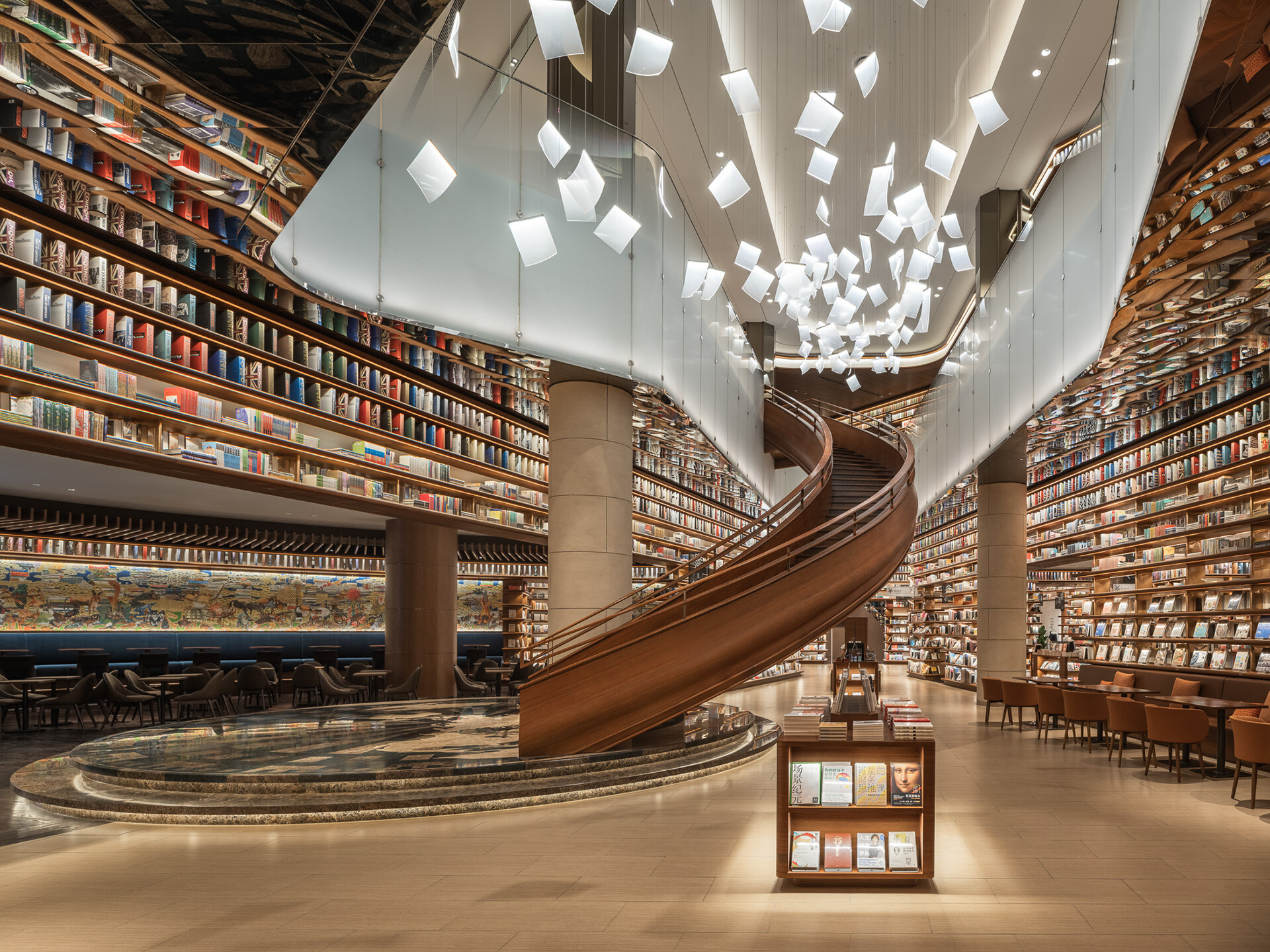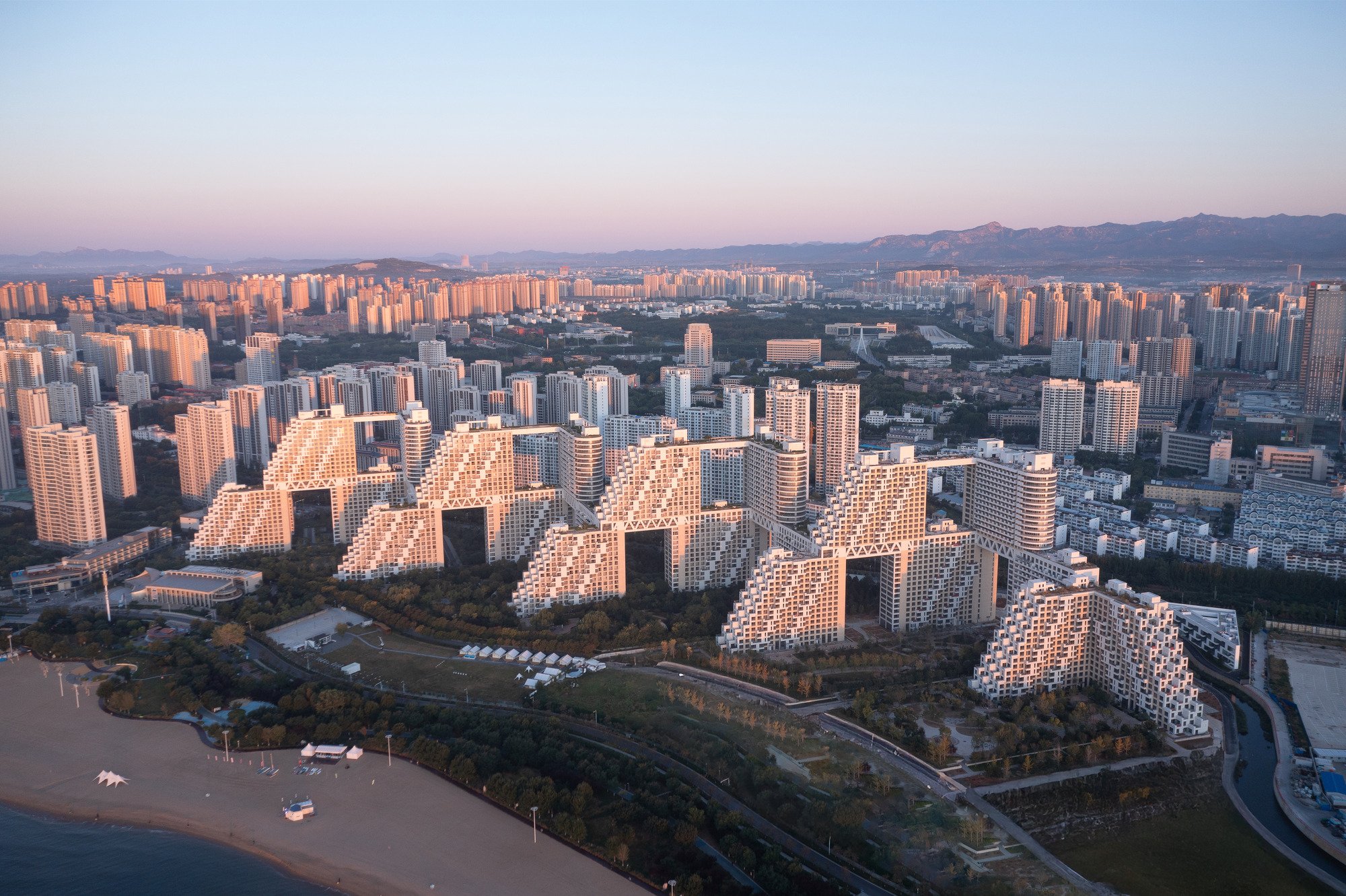The Golden Rooster Awards (bundled together with the Hundred Flowers Awards) constitute China’s largest domestic film awards festival. On October 15, nominees were unveiled for the 36th Golden Rooster Awards — but after a particularly strong year for domestic films, not everyone is in agreement over the selections.
Fantasy blockbuster, ‘Creation of The Gods I,’ triumphed with a total of nine nominations, including best feature film, director, actor, and actress, among others. Hot on its heels is espionage thriller ‘Hidden Blade,’ which scored eight placements, and marks Hong Kong legend Tony Leung’s first Golden Rooster nomination. Pop-star-turned-actor Wang Yibo is the youngest nominee of the year, also receiving his first-ever Golden Rooster nomination in the best supporting actor category.
Other nominees for Best Feature Film include ‘The Wandering Earth 2,’ ‘Ping Pong: The Triumph,’ ‘Born to Fly’ and ‘A Guilty Conscience.’
Although certain big hits were expected, audiences were surprised that some of the year’s most critically and commercially successful films — like mystery drama ‘Lost in the Stars’ —were nowhere to be seen. Online, netizens debated the rationale behind the selection criteria.
‘The Wandering Earth 2,’ which earned over 4 billion RMB (around $551 million) to to become China’s second highest-grossing film of 2023, was only nominated for three categories: best feature film, best art direction and best sound.

“It’s unexpected that ‘The Wandering Earth 2’ received only three nominations,” a user posted on Twitter-like Weibo. “Not even a nomination for Best Director.”
Two big budget hits — patriotic action film ‘Home Coming’ and drama ‘Lost in the Stars’ — have taken center stage in online debates. The former was dropped from the best feature film nomination, while the latter missed out on the entire nomination list, despite hitting a staggering 3.5 billion yuan ($478.4 million) at the box office.

“This year’s nominations are quite surprising. The blockbuster ‘Lost in the Stars’ didn’t receive any nominations. ‘Never Say Never’ should secure a nomination for Wang Baoqiang’s acting…Zhang Yi’s ‘Home Coming’ should also be on the list,” a Weibo user wrote. “There’s a lot about this year’s nominations that’s hard to ignore.”
“It’s surprising that ‘Lost in the Stars’ was overlooked for any nominations,” wrote another user. “It seems that the Golden Rooster Awards do not prioritize box office success as a determining factor.”
Meanwhile, others agreed with the nominations, and celebrated the films being acknowledged.
“The films nominated this year are of great quality. Small-budget films, niche films and genre films were all well-considered,” read one comment on Xiaohongshu.
“Almost all of this year’s nominees are solid,” another user commented. “I don’t know where the future of Chinese films lies if the box office becomes the dominant judging factor of the Golden Rooster Awards.”
This year’s Golden Rooster Awards received a total of 179 entries. From there, more than 40 films were nominated, competing for the 20 awards at the upcoming ceremony.
All images via Weibo






















